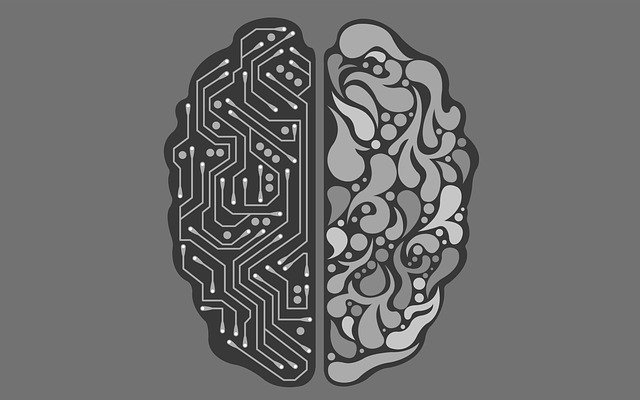 “It was only a matter of time before a Patent Office awarded an AI agent inventorship given both recent test cases and the growing ubiquity of Artificial Intelligence in the innovation lifecycle. That two have acted in such quick succession may be a sign of things to come.
“It was only a matter of time before a Patent Office awarded an AI agent inventorship given both recent test cases and the growing ubiquity of Artificial Intelligence in the innovation lifecycle. That two have acted in such quick succession may be a sign of things to come.
While previous consensus seems to have been that the originator of the AI agent should be classed as the inventor for outputs generated by an AI, this position was not likely to be sustainable for the long term. AI agents are already themselves designing the next generation of AI and neural networks, which is further abstracting the original designer or product manager from the invented outputs.
To date, IP authorities have reaffirmed the obligation for an inventor to be human but with South Africa being the first to reject this anthropocentric view and Australia now following suit we may well start to see a wider ripple effect. In the UK, for example, the government already plans to consult on potential policy options for protecting AI-generated inventions.
There is likely to be further debate around how the inventorship requirement will be dealt with in a world where Artificial Intelligence becomes more embedded into the inventive process. Where that debate ends is difficult to predict but some form of middle ground for patent law may emerge which allows some flexibility around the assignment of inventorship in patent applications – such as assigning inventorship to a company, or in certain circumstances not requiring an inventor at all.
Looking further ahead we may even begin to see regulators and policymakers consider options for a new IP type, complementary to the patent system, but which more directly facilitates the continued development and utilisation of AI tools for invention.
In the meantime, while there is still a lack of international harmonisation on whether AI can be an inventor we may see companies, and individuals, turning more towards trade secret protections as the most viable alternative.
As ever, the law is having to play catch up with rapid technological development. The South African and Australian decisions are an important trigger point that will hopefully stimulate continued healthy debate on the subject of AI, which will be key to supporting innovation in an increasingly dynamic economy. Through IOT-enabled continuous feedback loops and rapid learning AI is ensuring that product cycles become much shorter and obsolescence is reached much more quickly as products are iterated and improved almost constantly. The necessity of speed and efficiency in innovation is increasing. The IP system needs to be ready to respond to this challenge and inventive opportunity.”











